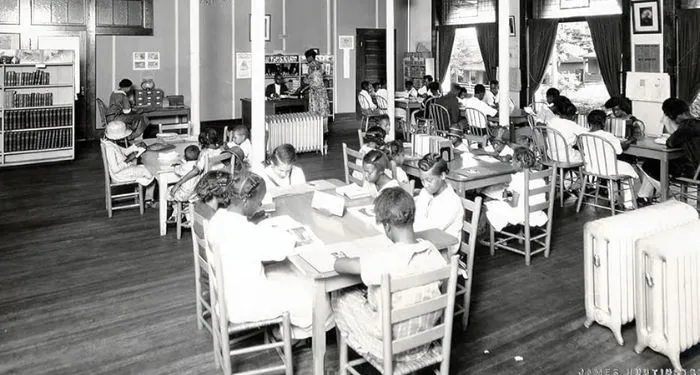Katie Moench is a librarian, runner, and lover of baked goods. A school librarian in the Upper Midwest, Katie lives with her husband and dog and spends her free time drinking coffee, trying new recipes, and adding to her TBR.
In 1995, prolific novelist Alice Hoffman published her eleventh novel: Practical Magic. Set mainly in small town Massachusetts, the novel revolves around orphaned sisters Gillian and Sally Owens, who have been sent there to live with their aunts after the tragic death of their parents in a fire. While at first the sisters merely find the aunts older and eccentric, nightly eavesdropping slowly reveals that their aunts are witches who have a steady stream of visitors looking for help with matters of the heart. As the novel progresses, we see the paths Gillian and Sally take in adulthood, as they grapple with their own loves, losses, and families, as well as the legacy of the magical powers they have inherited.
Without spoiling too much, Hoffman’s novel explores deep themes of sisterhood, family, generational legacies, and how much control we have over falling in love. While the book incorporates magical, fantastical elements, the story is very much rooted in the reality of the human world. In their review of the book in June 1995, The New York Times Book Review noted the themes of suburbia and small town life that permeate the novel, from the bullying the girls face as children from their classmates to their attempts to find stability and normalcy as adults. Rather than set her story in the time of the Salem Witch Trials or in a high fantasy world, Hoffman chose to very much situate her characters, their magic, and their struggles in the contemporary world and to show the impact of their differences on how they were perceived and used by those around them.
The world of Practical Magic has continued to grow. In 1998, Warner Bros. released a film based on Hoffman’s book, starring Sandra Bullock and Nicole Kidman. Hoffman also expanded the backstory of the Owens family, with the books The Rules of Magic (2017), Magic Lessons (2020), and The Book of Magic (2021) (the chronological order of the series is: Magic Lessons, The Rules of Magic, Practical Magic, The Book of Magic), telling a story that now spans from the 1600s to near the present day. The novel also has a devoted following online, and thirty years after its publication, it still appears frequently on lists of fall reading or books featuring witches. Practical Magic has become such a staple of the witches rooted in the human world genre that multiple books reference or play off its influence, including Diane Marie Brown’s Black Candle Women and Emily Grimoire’s Impractical Magic, have been published within the last ten years. Additionally, fans of both the book and the visual world of the movie have created art, fanfiction, and bookish objects connected to the Practical Magic world.
Exclusive content for All Access members continues below.
Katie Moench is a librarian, runner, and lover of baked goods. A school librarian in the Upper Midwest, Katie lives with her husband and dog and spends her free time drinking coffee, trying new recipes, and adding to her TBR.

In 2025, Practical Magic seems to have resurgent relevance to readers today. Like any book written thirty years ago, there are dated references and outdated language, but the central themes of family, generational curses, heartbreak, and (magical) power persist. One of the central through lines of the world of the novel is that the Owens women often use their magic to help other women, especially in sad or dangerous situations. Over the past several years, multiple novelists have written on the topic of women and witchcraft as a means of taking on, or subverting, existing power structures. In Emilia Hart’s 2023 novel Weyward, three women in three different centuries grapple with a legacy of magic and secrets as well as the violent men in their lives, while in Stacy Sivinski’s The Crescent Moon Tearoom, three orphaned sisters run a tearoom where they tell fortunes, with a family curse hovering in the background.
Perhaps the enduring appeal of Practical Magic comes from the ordinariness with which it approaches its fantastical elements. At the heart of the book is the Owen’s home, where Gillian and Sally see the role their aunts play in the community, as well as the public versus private reactions to their witchcraft. In both the novel and the book, there are strong themes of the bonds between women, and especially between sisters. While the Owens women possess magic others do not, their romantic heartbreaks, the losses they’ve endured as a family, and the various levels of need and shunning they face from their community are relatable themes. As Practical Magic enters its next decade, it will continue to be embraced by new readers for its mix of sisterhood, magic, and life.
Join All Access to read this article
Get access to exclusive content and features with an All Access subscription on Book Riot.
- Unlimited access to exclusive bonus content
- Community features like commenting and poll participation
- Our gratitude for supporting the work of an independent media company





















 English (US) ·
English (US) ·